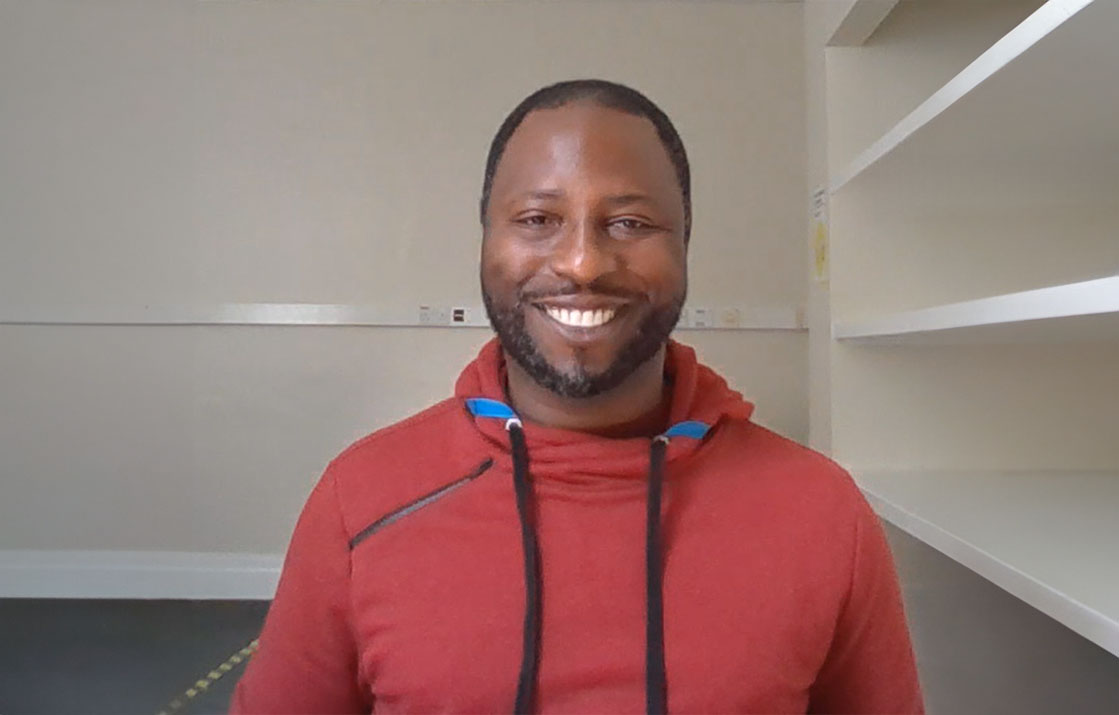

We offer a range of self-paced e-courses, face-to-face sessions and podcasts, supporting mental health recovery.
Our face-to-face sessions are delivered in community venues across Hull and East Riding.
Although we operate as part of Humber Teaching NHS Foundation Trust, we are not clinical, we don’t require a referral and we do not have access to personal health records.
The core team is made up of paid staff and volunteers, but the wider team consists of our students, community organisations and other health and social care staff.
There is no single definition of the term ‘Recovery’, but within a mental health context the term ‘Recovery’ is most frequently used to describe the personal lived experiences and healing journeys of ‘people with severe and enduring mental health conditions with long term needs’ (Deegan, 1998, Anthony, 1993).
Recovery is the process of rebuilding after a crisis, taking responsibility for personal wellbeing and learning to live alongside any continued symptoms or impairments without the pressure to eventually be symptom-free. By focusing on existing and potential strengths, skills and resources, an individual can pursue what they consider to be a satisfying and meaningful life. Learning from one’s peers, someone can work towards their own self-defined goals at their own pace.
We facilitate and deliver a range of free, co-produced courses, sessions and podcasts.
We believe that learning more about your experiences, valuing your own self-expertise and building upon your own resourcefulness, talents and abilities contribute to your own sense of meaningful mental health recovery.
Students are supported to draw upon their own strengths in a safe, non-judgemental environment, and encouraged to develop the tools they need to move towards an improved, self-defined quality of life.
Anyone can access our courses, sessions and podcasts.
Our sessions are open to everyone, whether they identify as having mental health challenges or not.
We have a core team of practitioners / tutors and volunteers and, where possible, our courses and sessions are co-produced.
We aim to facilitate conversations between experts by experience and experts by profession with our development and delivery.
We use the CHIME Framework to help guide, measure and evaluate our content, ensuring all of our courses and sessions are fully designed with Recovery in mind.
Sign up is free and can be done via our website - NHS Humber Recovery and Wellbeing College. Once signed up you can access our courses, sessions and podcasts. If you are interested in attending a face-to-face session you must be logged in and register for each session to avoid disappointment, as our sessions have limited numbers.
Your profile is private and cannot be accessed by those without your private login details.
If you wish to register for any of our face-to-face sessions, but have difficulty in using the internet/our platform, email us at HNF-TR.RecoveryCollege@nhs.net or call us on 0800 9177752.
We do not require a referral; we invite people to sign up and get involved at a pace and in a way that they feel best supports them.

Hello, my name is Acho (Ach for Short or as I’m commonly known) I have been working within the Humber Recovery and Wellbeing College for a number of years now delivering courses across Hull and East Riding. My previous background has been in learning and education, namely, helping set up and deliver mandatory training to NHS staff. I also have a solid background in computing and programming (which means I can be a little bit geeky when it comes to new technologies and how they work). I am passionate about mental health and the ways in which we can help support our own mental wellbeing. My aim is to help people improve their mental wellbeing through creative, informative, and fun workshops designed to empower people with the knowledge to look after their own mental wellbeing.
I deliver sessions/Workshops such as Tai chi for health and Wellbeing, Mindful Calligraphy, Mindfulness, Zen Meditation, Mood and Food, Kintsugi (Japanese art of mending broken pottery) and various crafting workshops which includes creating Worry dolls. I also deliver informative/discussion-based sessions on Confidence building and self-belief.
In my spare time my main hobbies include martial arts, going for walks, gaming, and mountain biking.

My name is Joe and I am dedicated to helping improve mental health and wellbeing throughout the community. I lead on a lot of the creative sessions which we run, these include wellbeing through creativity and photography as these are subjects I am extremely passionate about, I also am committed to making a difference within mens mental health which is why I also run dedicated sessions for men to feel like they have a safe space to explore and improve their mental health and wellbeing. I aim to make all of my sessions welcoming, warm and inclusive with the goal to make them as accessible as possible.